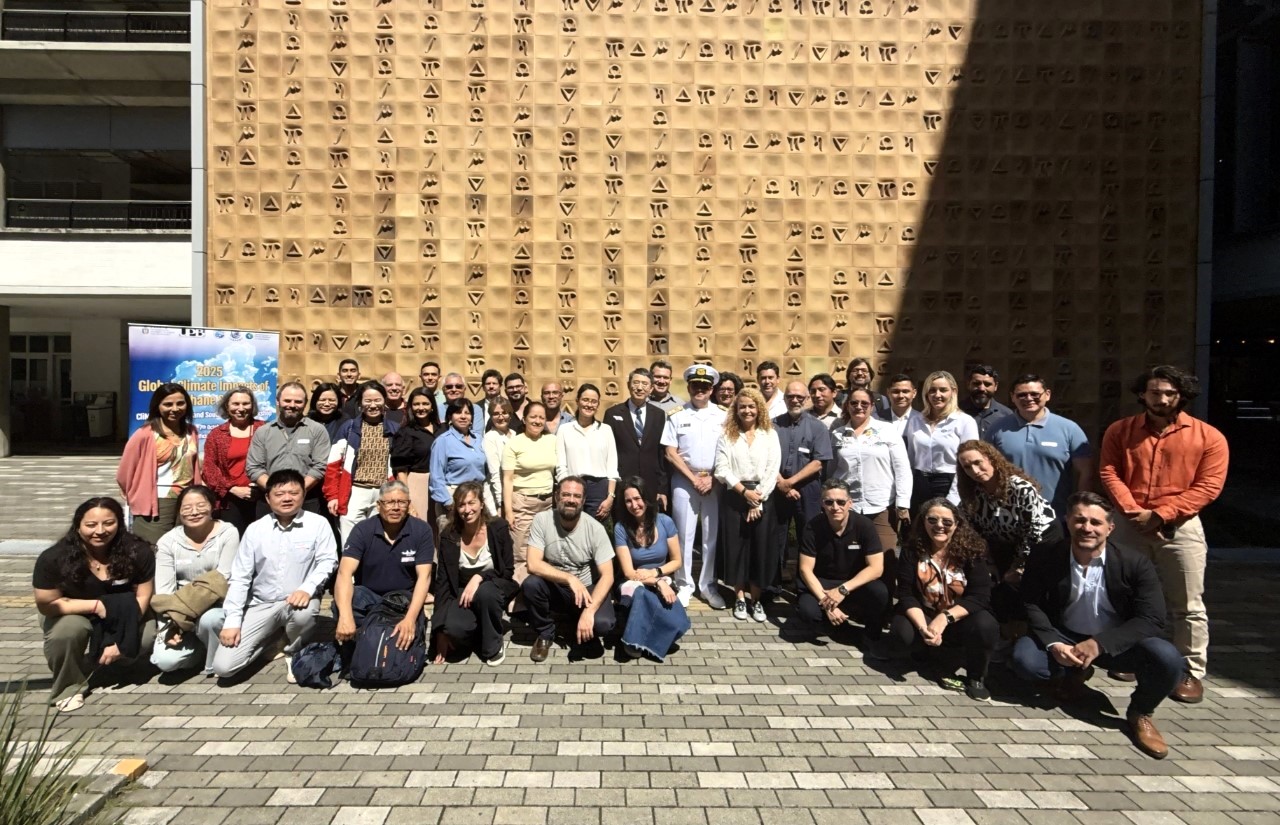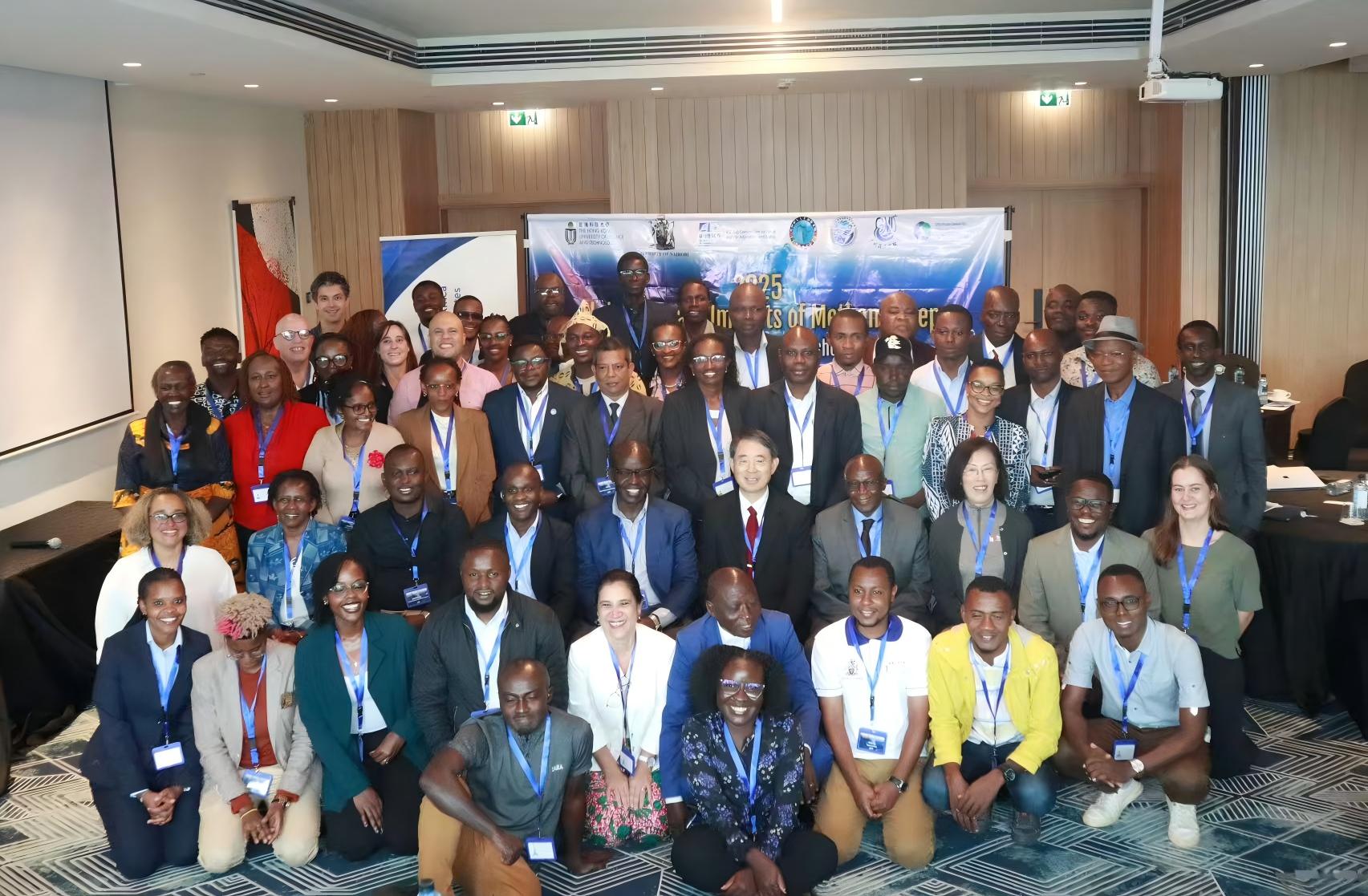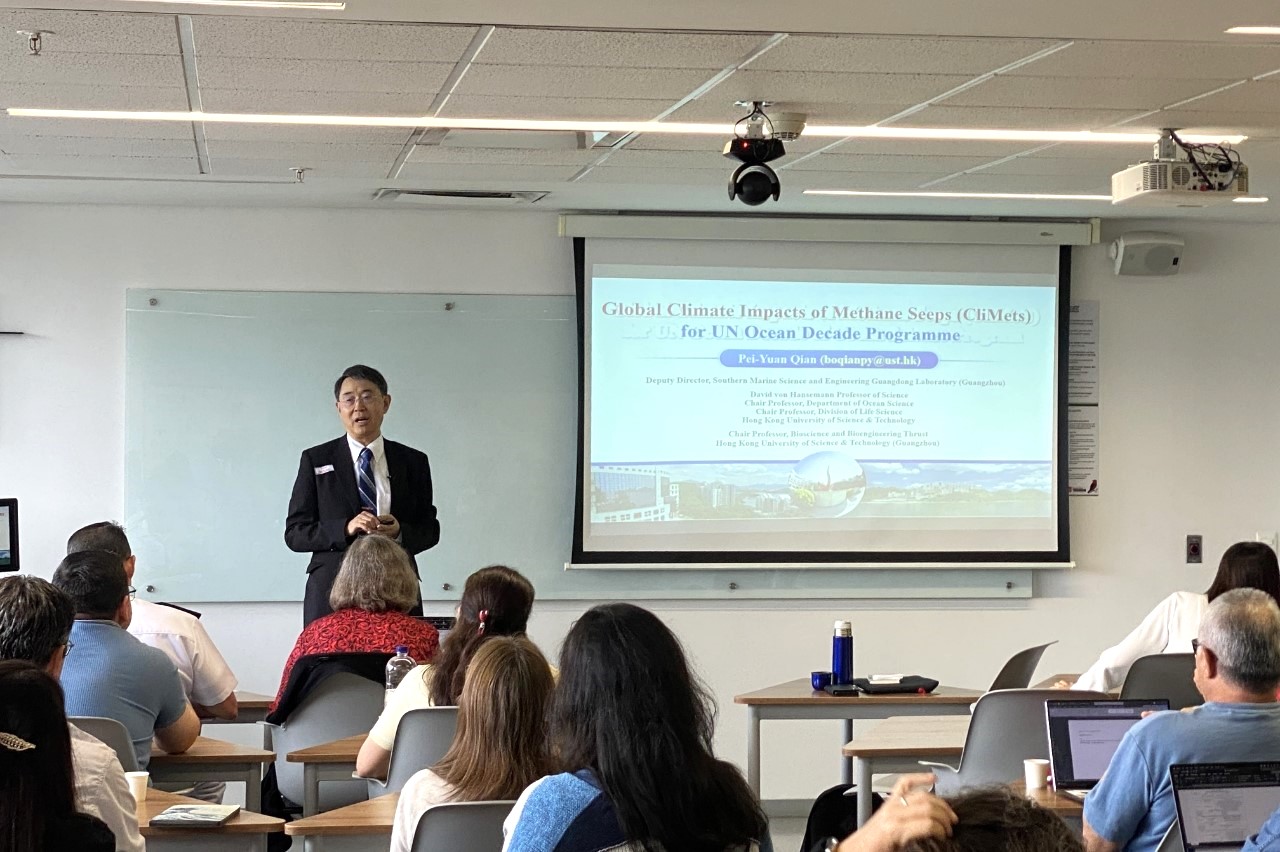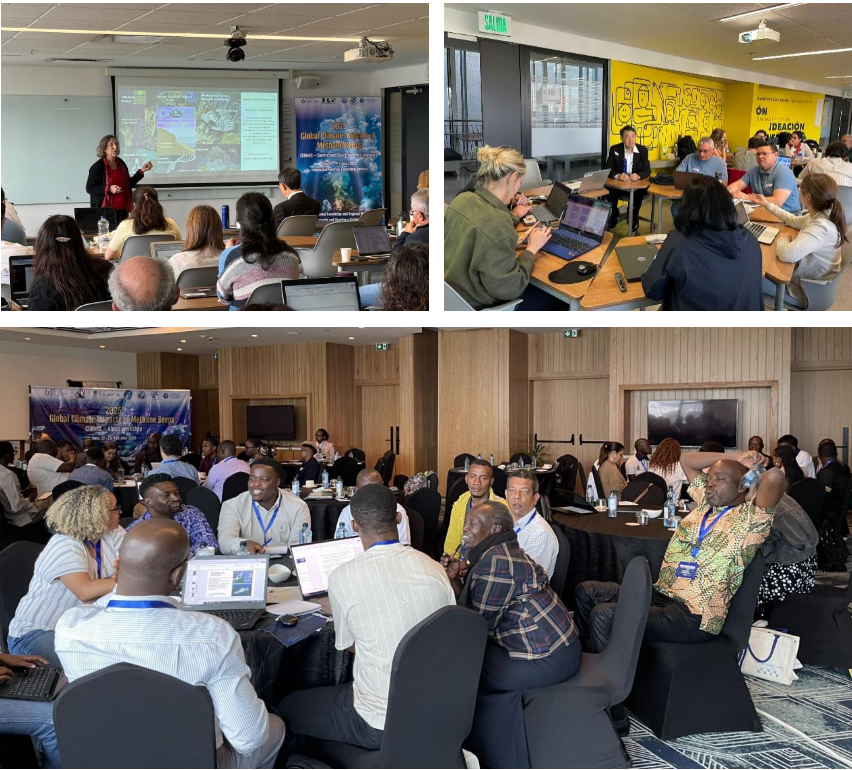In response to “The United Nations Decade of Ocean Science for Sustainable Development (2021-2030): Implementation Plan”, the Southern Marine Science and Engineering Guangdong Laboratory (Guangzhou) (hereinafter referred to as "GML") has taken the lead in initiating the international big science program—"Global Climate Impacts of Methane Seeps (CliMetS)", in collaboration with 96 marine-related institutions from 42 countries worldwide. The program aims to enhance global understanding of methane seeps and their impact on climate change through international cooperation. To advance the implementation of international collaboration for this big science program, two overseas workshops, hosted by GML and co-organized by the Hong Kong University of Science and Technology, have been successfully completed. The "CliMetS—Colombia Workshop" was held in Medellín, Colombia from October 6 to 7, undertaken by the Pontificia Bolivariana University (UPB); the "CliMetS—Kenya Workshop" took place in Nairobi, Kenya from October 22 to 23, undertaken by the University of Nairobi (UoN).
The two workshops brought together nearly 200 participants, including experts, scholars, government officials, business leaders, and members of the Intergovernmental Oceanographic Commission of UNESCO (IOC-UNESCO) from 12 American countries and 18 African countries. Professor Qian Peiyuan, Deputy Director of GML, Co-initiator of the “CliMetS Big Science Program”, delivered welcome speeches and keynote presentations titled "Global Climate Impacts of Methane Seeps (CliMetS) for the UN Ocean Decade Programme" at both workshops. He shared China’s latest research findings on methane seeps, pointed out the serious deficiencies in relevant studies, elaborated on the significance and implementation plan of GML's "CliMetS Big Science Program", and expressed the hope of establishing concrete collaborative actions with international experts to jointly develop a global deep-sea research roadmap for methane seep studies.
The workshops combined academic reports with group discussions, and conducted in-depth discussions on the current research status, challenges and future development of seabed methane seeps in Central and South America as well as Africa. Nearly 50 marine experts delivered reports that offered a comprehensive overview of key topics related to seabed methane seeps in representative countries and regions across Central and South America and Africa. These topics included the current state of research, latest methodologies and tools, successful case studies, plus priorities and challenges in the field. In the group discussions, participating experts had in-depth exchanges on key issues including "regional research status and deficiencies", "technology and architecture", "data and governance", "conservation and policies", "industry and risk management", "international voyage sharing", and "future vision and strategic planning", providing constructive action guidelines for promoting international cooperation in methane seeps research.
These two workshops not only built a cooperation bridge between GML and the international academic community, government organizations as well as enterprises, but also laid a solid foundation for linking GML with global marine research resources and capacity-building, and strengthened the leading role of the "CliMetS Big Science Program" in global methane seeps research.




Attachment download:
